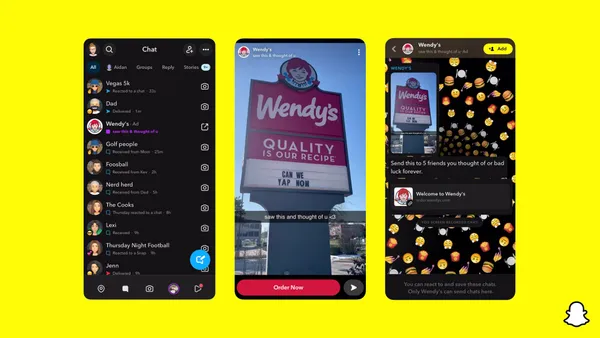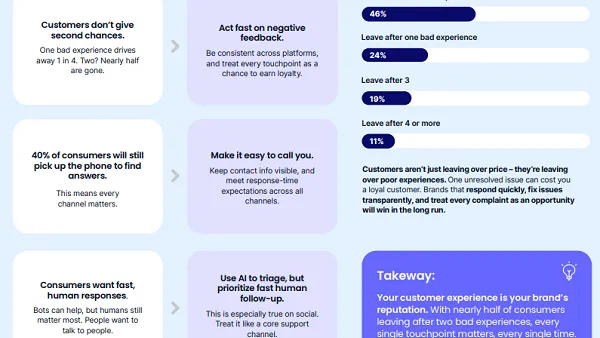Brief:
-
The Interactive Advertising Bureau Tech Lab last week released a beta version of its Authorized Sellers for Apps (app-ads.txt) specification after gathering comments on the mobile specification since the summer, according to a statement shared with Mobile Marketer. It can be implemented now and app stores can adopt a standardized way to make the information available.
-
The newest version is available for public comment through February 4. The updated ads.text lets developers of mobile apps and over-the-top (OTT) video apps verify their ad inventory, as website publishers do. The latest app specification has a protocol to obtain a URL for the developer from the app listing in an app store.
-
The app-ads.txt file has the name and identification code for authorized sellers of the app’s available ad inventory. That helps to ensure that advertisers only bid on ad slots from authorized sellers listed in the app-ads.txt file, MarTech Today reported.
Insight:
Ad fraud is a major problem for mobile advertisers that the industry has tried to tackle with various methods of authenticating paid ads. The IAB Tech Lab launched the the broader ads.txt in the spring of 2017 but it has taken longer than expected to define a reliable and scalable approach to specifying file locations for mobile apps, per the statement. The beta test for apps will support ads.txt and other supply chain safety initiatives like ads.cert.
A tool like apps-ads.txt is only effective if it is widely adopted and IAB Tech Lab is assuring publishers and app stores that they can adopt the beta specification now as minimal changes are expected during the public comment period because it is based on a specification already in use and incorporates feedback from proposed mobile app solutions released during the summer.
The beta version of the app-ads.txt specification is another step toward addressing the need for a transparency media supply chain for automated buying strategies. While programmatic brings added efficiencies to digital media buying, its automated nature means brands don't always have control over where their ads appear. Despite these challenges, programmatic continues to grow, with mobile one of the fastest areas of growth.
While ad fraud is a problem across digital platforms, apps have presented their own set of unique challenges when it to comes to addressing the problem given that the app marketplace has attracted a large number of bad players during its quick ascent and that app stores have a hard time policing the space. Google last year pulled more than 700,000 apps that were in violation of its Play store policies, BuzzFeed News reported. App metrics firm AppsFlyer estimated mobile ad fraud grew 30% to between $700 million and $800 million in Q1 2018 from a year earlier, VentureBeat reported.
Despite the fraud problem, mobile spend continues to grow. IAB Tech Lab's efforts to reduce fraud could entice even more of marketers' budgets to be shifted over to mobile by helping brands more accurately measure their ROI. Mobile ads will grow to nearly 31% of global expenditure by 2020 from 19% last year, and will overtake broadcast television by 2021, according to a forecast by Zenith. Mobile ad spending's growth rate will drop to 21% a year until 2020 from 35% in 2017.














